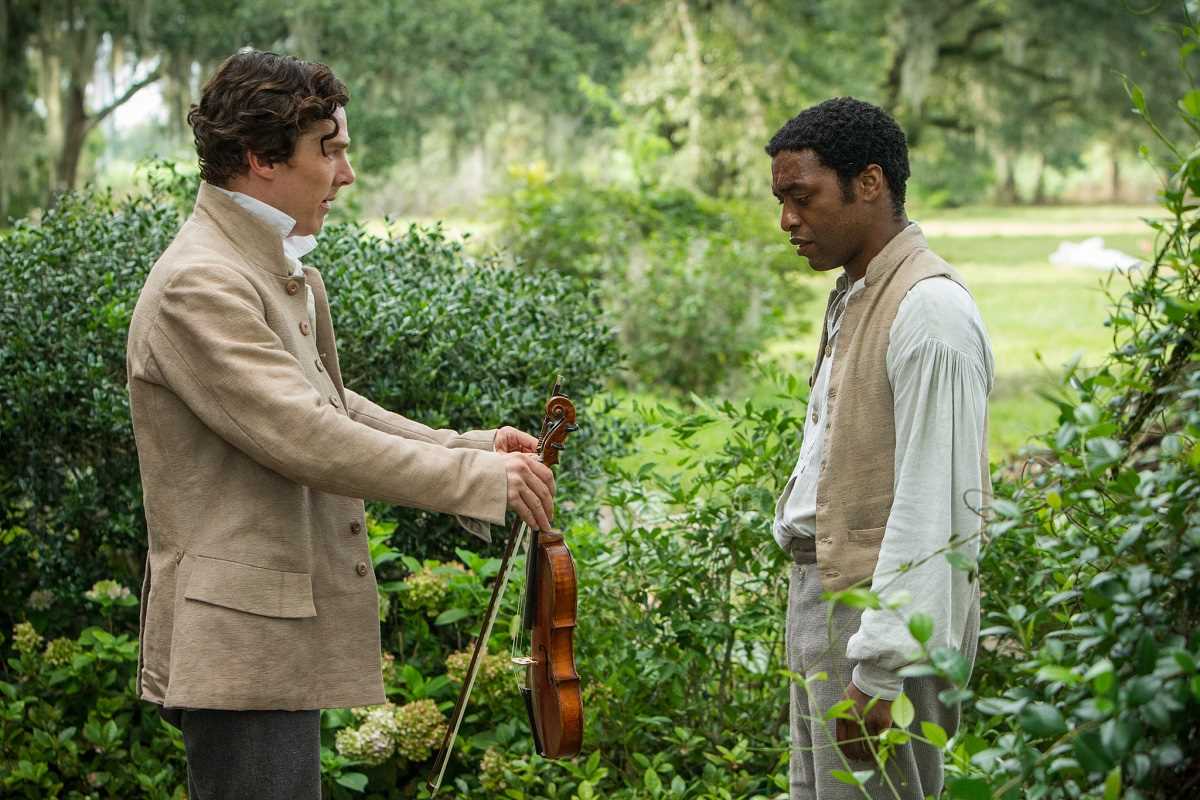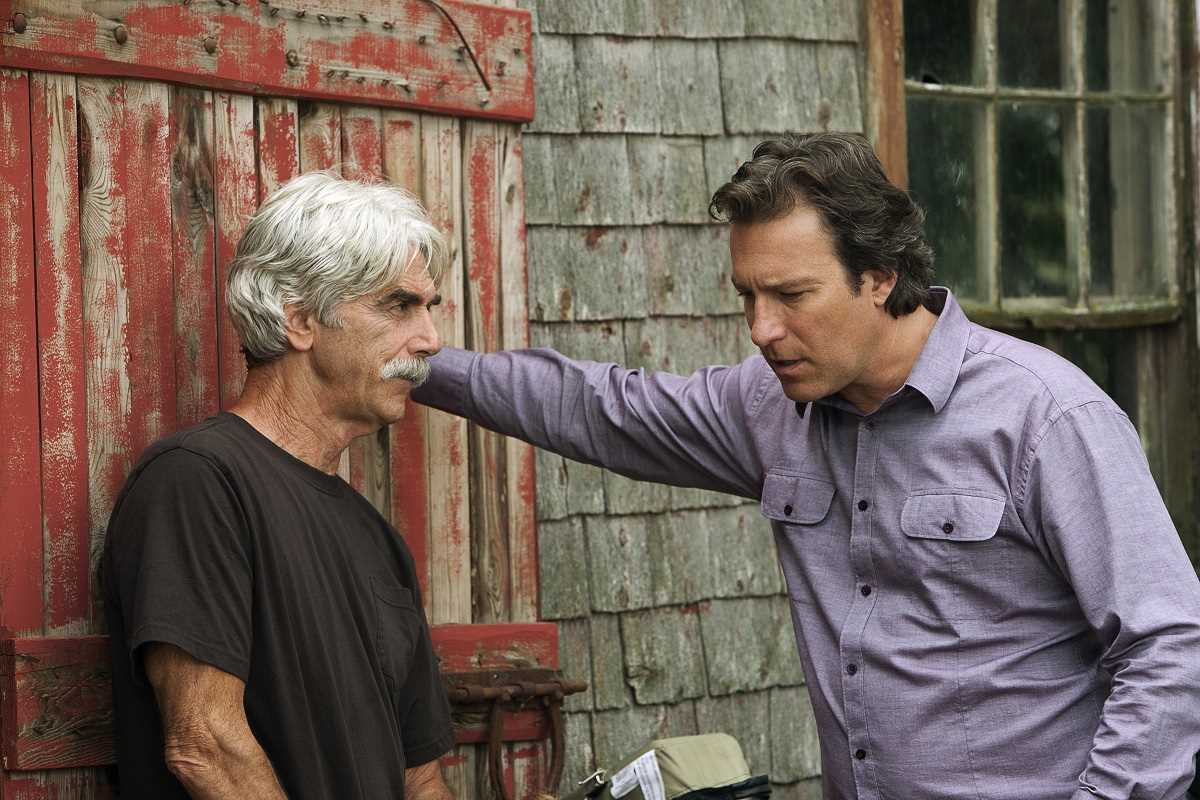Films have long held the power to transport us to different times and places, offering emotional and visual windows into the past. When it comes to American history, movies often step in to both entertain and teach us about the triumphs, tragedies, and turning points of the nation. By portraying key historical events, these films give modern audiences a chance to connect with the past in ways a textbook never could. From the early days of European settlers to the civil rights movement, here’s a cinematic tour of American history, told through some of the most memorable historical movies.
The New World (2005): The Arrival of the English Colonists
Terrence Malick’s The New World takes us back to the early 17th century and the landing of the English settlers at Jamestown in 1607. Told through the intertwined lives of Pocahontas, John Smith, and John Rolfe, this film explores the clash of cultures between European colonists and Indigenous tribes.
Though heavily dramatized, the film beautifully captures the uncertainty, hope, and tension of one of America’s first major historical moments. With its sweeping cinematography and poetic pacing, The New World immerses viewers in the lush, untamed wilderness of early Virginia, while also sparking debate about how filmmakers should depict the often harsh realities of colonial history.
The Last of the Mohicans (1992): The French and Indian War
Set during the French and Indian War in the 1750s, The Last of the Mohicans is a sweeping saga of love and survival amidst the chaos of colonial conflict. Directed by Michael Mann and starring Daniel Day-Lewis as Hawkeye, the film follows the struggle between British and French forces, aided by their respective Native American allies.
While the action-packed story is fictional, it reflects the larger historical backdrop of British expansion and inter-tribal conflicts during that era. It’s also a poignant reminder of the complexities and tragedies faced by Native American communities as the continent was reshaped by European powers. With its intense battle scenes and haunting soundtrack, the movie earned its place as a historical epic.
The Patriot (2000): The American Revolution
Mel Gibson takes center stage in The Patriot, a film that dramatizes the American Revolution through the eyes of a fictional South Carolina farmer named Benjamin Martin. While the story itself is not based on a single historical figure, it draws from real events, such as the guerrilla tactics used by militia fighters against British forces.
The film portrays the ideological struggle for independence and the sacrifices made by ordinary people during the war. Though it has been criticized for historical inaccuracies and oversimplifications, The Patriot effectively captures the emotion and drama of the revolutionary spirit. Moments of heartbreak, such as the deaths of family members, underscore the personal costs of war.
12 Years a Slave (2013): The Horror of Slavery
Steve McQueen’s 12 Years a Slave is a harrowing portrayal of one of America’s darkest chapters—slavery. Based on the memoir of Solomon Northup, a free Black man kidnapped and sold into slavery in 1841, the film offers an unflinching look at the brutality, dehumanization, and endurance of those enslaved.
Chiwetel Ejiofor delivers a powerful performance as Northup, while Lupita Nyong’o’s portrayal of Patsey earned her an Academy Award. 12 Years a Slave forces audiences to confront the horrific realities of the institution of slavery and serves as an essential reminder of the systems of oppression that built America’s early economy. It’s a brutal but necessary watch for anyone seeking a deeper understanding of pre-Civil War America.
Glory (1989): African Americans in the Civil War
The Civil War was a turning point in American history, and Glory shines a spotlight on one of its most significant but less frequently discussed stories—the contribution of Black soldiers. This film tells the true story of the 54th Massachusetts Infantry Regiment, one of the first all-Black volunteer units in the Union Army, led by Colonel Robert Gould Shaw (played by Matthew Broderick).
With standout performances by Morgan Freeman and an Oscar-winning Denzel Washington, Glory captures both the pride and prejudice faced by these soldiers. The climactic battle at Fort Wagner is a heart-wrenching reminder of their bravery and sacrifice. Even as it highlights the valor of the 54th, the film exposes the systemic racism within both the Union and Confederate states, leaving a lasting impact on viewers.
Lincoln (2012): The Politics of Freedom
Steven Spielberg’s Lincoln is less about battlefields and more about one of the most pivotal political moments in American history—the passage of the 13th Amendment, which abolished slavery. Daniel Day-Lewis embodies Abraham Lincoln with a quiet intensity that earned him an Academy Award.
The film focuses on Lincoln’s final months and the behind-the-scenes negotiations and personal struggles as he fights to unite a divided nation during the Civil War. With powerful dialogue and stunning cinematography, Lincoln offers a deep dive into the complexities of leadership and the cost of doing what’s right.
Cinderella Man (2005): The Great Depression and the Power of Resilience
Cinderella Man offers a poignant depiction of the Great Depression through the inspiring true story of James J. Braddock (Russell Crowe), a struggling boxer who overcame poverty to become a symbol of hope for millions. Set against the backdrop of widespread unemployment and despair, the film captures the harsh realities of soup kitchens and tenement life while highlighting Braddock’s unyielding determination to provide for his family. His unexpected comeback in the boxing ring, driven by sheer resilience, lifted the spirits of a nation battling economic collapse. Cinderella Man serves as both a heartfelt human story and a moving reflection on the endurance of the American spirit during one of its darkest eras.
Forrest Gump (1994): A Journey Through 20th Century America
While not based on one historical event, Forrest Gump is a remarkable cinematic blend of fiction and history that takes viewers on a whirlwind tour of 20th-century America. Through the eyes of Forrest (played by Tom Hanks), we witness pivotal moments like the Vietnam War, the civil rights movement, and the Watergate scandal—all woven into his extraordinary yet simple life story.
The film cleverly places Forrest in the middle of iconic moments, from teaching Elvis Presley his signature dance moves to inadvertently exposing Watergate. While some might view Forrest Gump as sentimentalized history, its charm lies in its ability to blend humor, tragedy, and Americana in a way that resonates with audiences of all ages.
Selma (2014): The Fight for Civil Rights
Ava DuVernay’s Selma chronicles one of the most important chapters of the civil rights movement—the 1965 Selma-to-Montgomery marches led by Martin Luther King Jr. (played by David Oyelowo). The film focuses on the struggle for voting rights and the violence civil rights activists faced in their quest for equality.
With powerful direction and stellar performances, Selma immerses viewers in the tension and urgency of the era. The infamous “Bloody Sunday” scene on the Edmund Pettus Bridge is both horrifying and awe-inspiring, highlighting the courage of those who risked their lives for justice. Selma is a testament to the resilience and determination of the movement that reshaped the nation.
Apollo 13 (1995): The Space Race
Stepping into the era of technological ambition, Apollo 13 brings audiences to the height of America’s space race. Directed by Ron Howard, the film tells the true story of NASA’s ill-fated 1970 lunar mission, which was crippled by an onboard explosion but ultimately brought its crew back to Earth safely.
Tom Hanks stars as astronaut Jim Lovell, alongside a stellar cast capturing the tension and ingenuity of the engineers and astronauts involved. The movie showcases American determination, innovation, and teamwork in one of the most gripping disaster-and-recovery stories ever told. Apollo 13 reminds us of the heights humanity can reach, even amid crisis.
From colonization to civil rights and beyond, history comes alive through these films. They capture the resilience, complexity, and spirit of America while reminding us of the lessons learned—and challenges still ahead. Through their lenses, we can revisit and reflect on the milestones that define the nation’s story, one cinematic frame at a time.
 (Image via
(Image via





